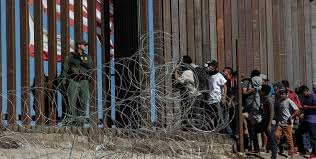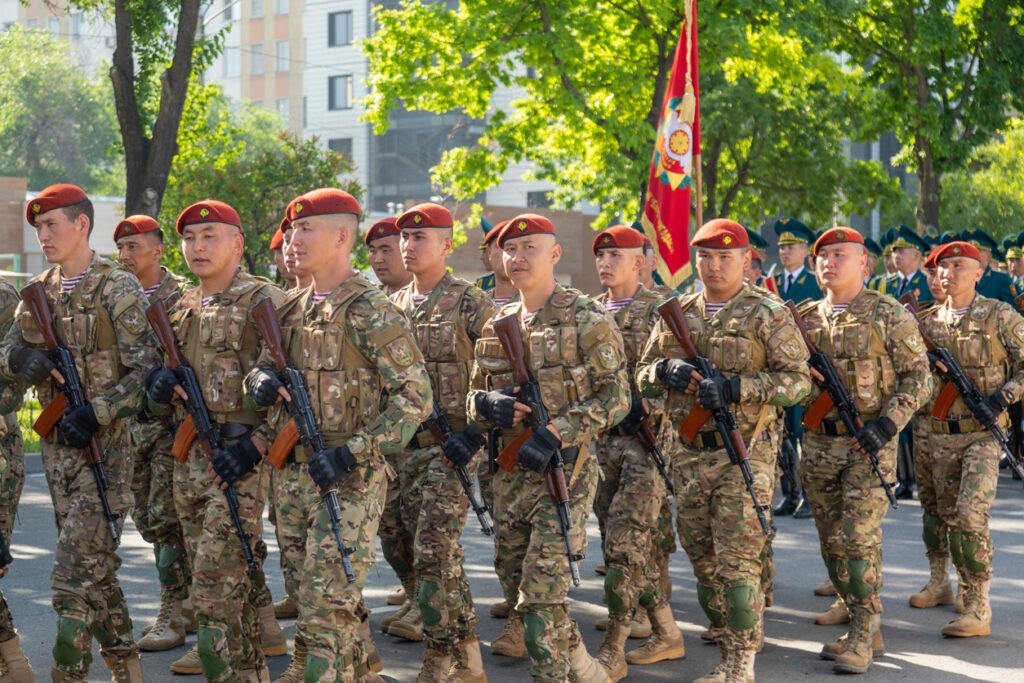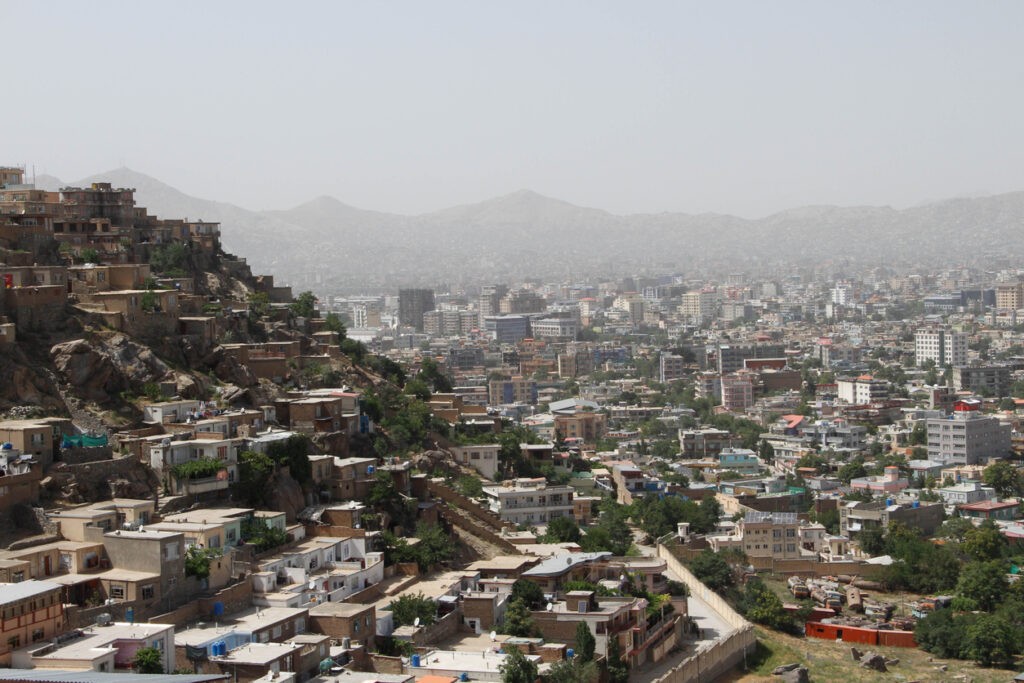KABUL (TCA) — The security situation in Afghanistan remains “intensely volatile,” according to a new report by the United Nations Assistance Mission in Afghanistan, RFE/RL reports.
The recent spate of deadly attacks across the country could indicate a much worse and more fragile period ahead, the UN’s special envoy to Afghanistan, Tadamichi Yamamoto, told the UN Security Council on June 21 as he presented the report.
The UN recorded 6,252 security-related incidents between March 1 and May 31, a 2 percent increase on the same period last year, the report says.
The eastern and southern regions are the most dangerous, with a 22 percent increase in incidents compared to the same time span last year.
Meanwhile, the Pentagon warned that Afghanistan was confronted with an increasingly violent insurgency.
“The Afghan government retains control of Kabul, major population centers, most key transit routes, provincial capitals, and a majority of district centers,” it said in a new report.
However, it added, “the Taliban continues to contest district centers, threaten provincial capitals, and temporarily seize main lines of communication throughout the country, especially in high-priority areas like Kunduz and Helmand provinces.”
Insurgent groups like the Taliban and Islamic State have launched a series of attacks across Afghanistan in recent weeks.
Thousands of international troops remain in the country to train and assist Afghan security forces as well as carry out counterterrorism missions.
U.S. Defense Secretary Jim Mattis said last week that President Donald Trump had given him the authority to establish troop levels in Afghanistan.
U.S. media have reported that Mattis will recommend sending another 3,000-5,000 troops to break what he has called a “stalemate” between government forces and the Taliban.
The United States currently has about 8,400 troops in Afghanistan.









